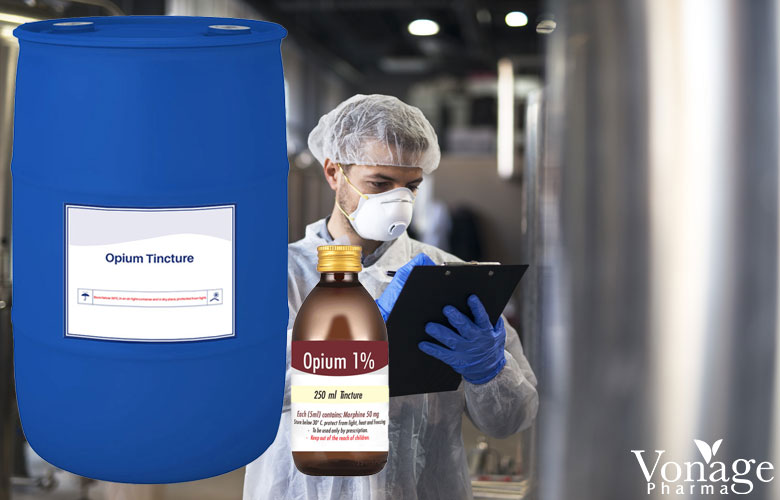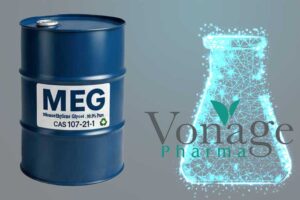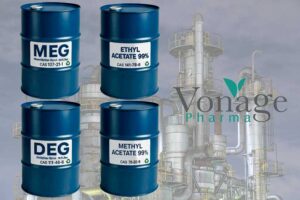Pharmaceutical providers getting APIs for tincture solution face the simultaneous pressure of achieving a reasonable cost without sacrificing quality. Tincture solutions are generally derived from plants or specialized pharmaceutical ingredients with strict regulations and standards that must be met for their quality consistency to help ensure patient safety and therapeutic outcomes.
The following article has some actionable items and market data to support a pharmaceutical procurement team in considering both cost and quality in selecting tincture solution APIs.
Market Overview: Expansion and Demand of Tincture Solution APIs
The market for tincture solutions, along with the pharmaceutical-grade APIs, is undergoing constant growth across the globe. The market is worth approximately USD 0.98 billion in 2024 and will grow to USD 1.56 billion by 2033, with a CAGR of roughly 5.3%. The projected growth and expansion of the market is stimulated by an increase in consumer and clinical attention to natural extracts and botanically-based therapies, as well as an increase in regulatory support for safer and standardized formulations (TINCTURE MARKET OVERVIEW).
Tincture solutions are used extensively for both traditional and modern pharmaceuticals, as herbal medicine, and also for regulated active ingredients such as tincture of opium. The sourcing of APIs to manufacture tincture products can be complicated due to the properties of raw materials and the associated regulatory and manufacturing hurdles.
Key Challenges in Tincture Solution API Procurement
- Safety and Regulatory Requirements
Active pharmaceutical ingredient tincture solutions need to be manufactured under Good Manufacturing Practices (GMPs) and regulated on behalf of the FDA, EMA, and WHO. Good suppliers can ensure that documentation is provided (Certificates of Analysis (CoA), Drug Master Files (DMF), etc.) that will mitigate regulatory delays arising from product failure to meet regulations, and will maintain patient safety (DKSH Discover, 2023).
- Fluctuating Pricing and Supply Vulnerability
Pricing of tincture solution APIs can be significantly influenced by raw material availability, geopolitical activities, and regulatory activities. The tincture of opium supply chain is an example of pricing variability driven by international controls on agricultural production, intertwined with a very convoluted supply chain. The COVID-19 pandemic also demonstrated an ability for supply chain interruptions to depress supply and change pricing.
- Reliability and Transparency of Manufacturers
For some APIs like tincture solutions, there may be only a small number of licensed manufacturers, which places a priority on manufacturers qualifying upfront. Supplier transparency in their operating practices, audited and snag-free, along with an established and verifiable reputation for quality consistency, will all contribute to successful outcomes when working with a tincture solution API supplier.
Methods for Driving Cost and Quality
These methods are:
-
Build long-term supplier relationships:
Forming strong, stable, long-term relationships with GMP-certified suppliers of tincture solution API has the potential to provide an opportunity for price stability and potentially secure supply during periods of market instability. The longer you have a relationship with a supplier, the greater the potential for better prices, as well as greater resiliency in your overall supply chain (Pharmaceutical Technology, 2023).
-
Utilize bulk procurement and collaborative purchasing:
As pharmaceutical suppliers, you can find the most cost savings by purchasing in bulk and through collaborative agreements. For example, industry case studies indicate savings of up to 58% on many vital APIs. It can be reached by collaborating or through collaborative purchasing agreements and volume-based agreements (LGM Pharma).
-
Utilize market data and analytics:
Use real-time market data regarding pricing, supplier certifications, and shipment volumes pertaining to the tincture solution API. Having this information will help your procurement team significantly when benchmarking pricing and finding reliable suppliers. Use platforms that guarantee transparent data regarding market information, pricing, suppliers, and overall risk. These benefit companies in their negotiations and minimize their procurement risk.
-
Focus on Regulations and Certifications:
When selecting suppliers that have full GMP certification, WHO compliance, and current DMFs or CEPs, you will be able to mitigate regulatory risk and ensure APIs are of a certain quality. Also, asking for batch-specific Certificates of Analysis (CoA) will help verify the product and make it suitable for regulatory submissions.
-
Diversifying Suppliers:
Utilizing multiple vetted suppliers from different locations is beneficial in eliminating problems from geopolitical risk, shortages of raw materials, and regulatory changes. Diversification provides a continuous supply and competitive cost.
-
Audits and Quality Checks:
Regular audits and quality checks, combined with suppliers (internally or by third parties), can support compliance, continuous improvement, and also flag issues with delivery and quality sooner in the process. Open and visible supply chains develop trust and eliminate the risk of hidden costs.
Statistical Information about Pricing and Market Trends
- The global herbal tincture market is anticipated to rise from USD 0.98 billion in 2024 to USD 1.56 billion. It indicates an increase in demand for tincture solution API types (Global Herbal Tincture Market).
- The tincture of opium market has price inconsistencies attributed to regulatory controls and supply chain complexities. So, price spikes are related to raw material availability and compliance costs.
- Collaborative sourcing has shown reductions of up to 58% on essential APIs. It results in corresponding savings for pharmaceutical companies (LGM Pharma).
- API price represents a large proportion of the cost of drug manufacturing. Thus, smart purchasing is essential for affordable medicines to allow patients continued access.
Technology and Digital Tools
Digital sourcing platforms and data analytics technologies enable organizations in the pharmaceutical supply chain to update information on a supplier’s pricing, certifications, and ordering & shipping history. Increasing visibility with transparency will enable organizations to make sourcing decisions based on data instead of other criteria. It also helps mitigate risks before they arise and lowers costs on orders. For example, emerging technology like blockchain provides traceability and trustworthiness to the entire API supply chain for tincture solutions (Pharmaceutical Technology, 2023).
We, as Vonage Pharma, have a full selection of opium and tincture products available at top quality for pharmaceutical manufacturing and therapeutic needs:
Opium Tincture 1%: standardized liquid extract of opium that can be used for accurate dosing for clinical applications.
Bottle of Opium Tincture 1% (250mg): a tincture solution in a small bottle for ease of use and reliable potency.
Opium Powder API: a natural product from Papaver somniferum that contains several alkaloids. For instance, morphine and codeine are used for pain control. They also help with the withdrawal from and treatment for addiction to other drugs.
Conclusion
Pharmaceutical providers will need to take a comprehensive approach to regulatory compliance and strategic supplier relationships. They can reach this using data to inform the buying of tincture solution APIs. Also, they need transparency in the supply chain to get the best quality product at the best price. Employing best practices in terms of supplier diversity and bulk purchases while using market data will be helpful. This can help pharmaceutical providers source high-quality tincture solution API at a competitive price. The pharmaceutical purchasing department should consider important aspects of regulatory compliance, quality assurance, and strong supplier relationships. These are matters to use when engaging a supplier to deliver their tincture solution API.
Suppliers want to sell tincture solution APIs to their pharmaceutical clients. Clients must understand market conditions. They should also follow purchasing regulations. If they use one trusted supplier, they can get a high-quality tincture solution API at a fair price. Understanding supplier dynamics and the supply network will be important for pharmaceutical providers. It helps them to have cost-effective, reliable, environmentally friendly, and safe supply chains.







